Finding the right educational environment for children with autism can be a challenging task for parents. Boston, known for its exceptional educational institutions, offers several specialized schools tailored to meet the unique needs of autistic students.
These schools provide structured programs, experienced staff, and supportive communities to help children thrive academically and socially.
This article explores seven of the best autism schools near Boston, highlighting what makes each one stand out.
Whether you’re looking for a school with a strong focus on individualized learning plans or one that offers extensive therapeutic services, you’ll find valuable insights to guide your decision.
Top 7 Best Autism Schools Near Boston
Autism schools near Boston provide specialized education and support for students on the autism spectrum.
These schools are designed to meet the unique learning, social, and emotional needs of individuals with autism through personalized curricula, therapeutic interventions, and structured environments.
Here are the top 7 autism schools near Boston, Massachusetts, known for their specialized support, individualized teaching, and comprehensive programs tailored to students with autism:
1. Boston Higashi School-Autism
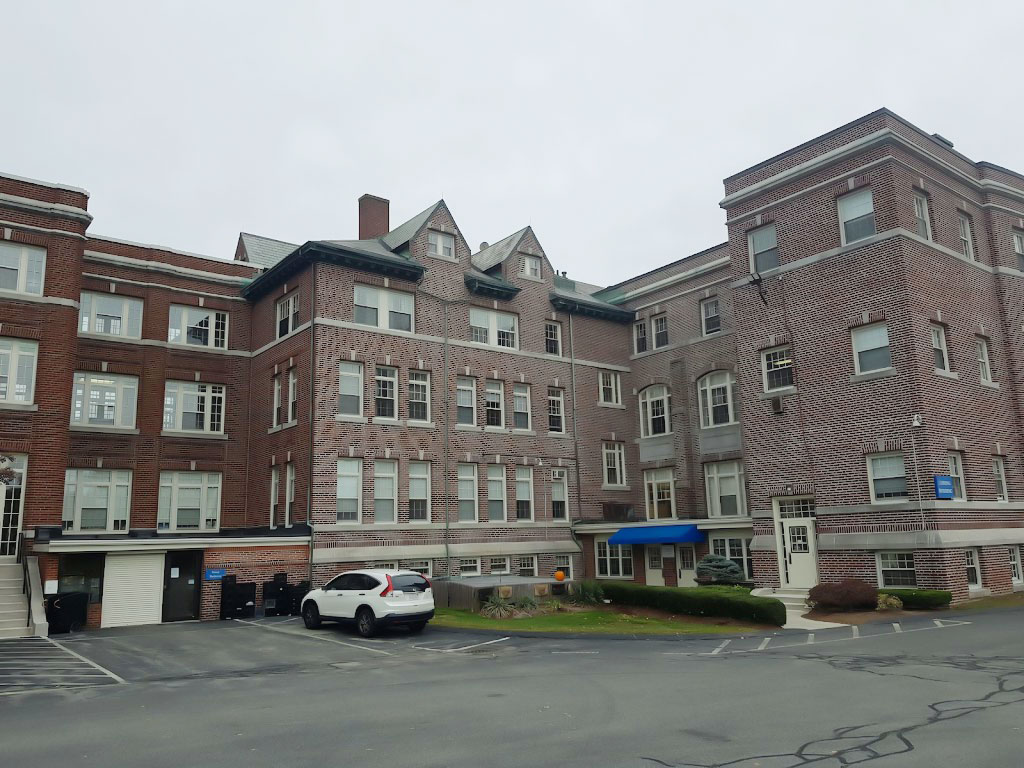
Boston Higashi School-Autism, located at 800 N Main St, Randolph, MA, excels in providing specialized education for children with autism.
Renowned for its 5.0-star rating based on 13 reviews, the school emphasizes a structured daily schedule, integrating academics, arts, and physical activities to foster holistic development.
Incorporating the Daily Life Therapy® approach, Boston Higashi School offers personalized learning plans tailored to individual student needs.
The dedicated team of experienced educators and therapists ensures each child receives the support required to thrive.
Parents looking for a collaborative environment will appreciate Boston Higashi School’s commitment to family involvement.
Regular communication, progress reports, and parent training sessions help maintain a consistent and supportive learning environment both at school and at home.
2. James F. Farr Academy, Inc.
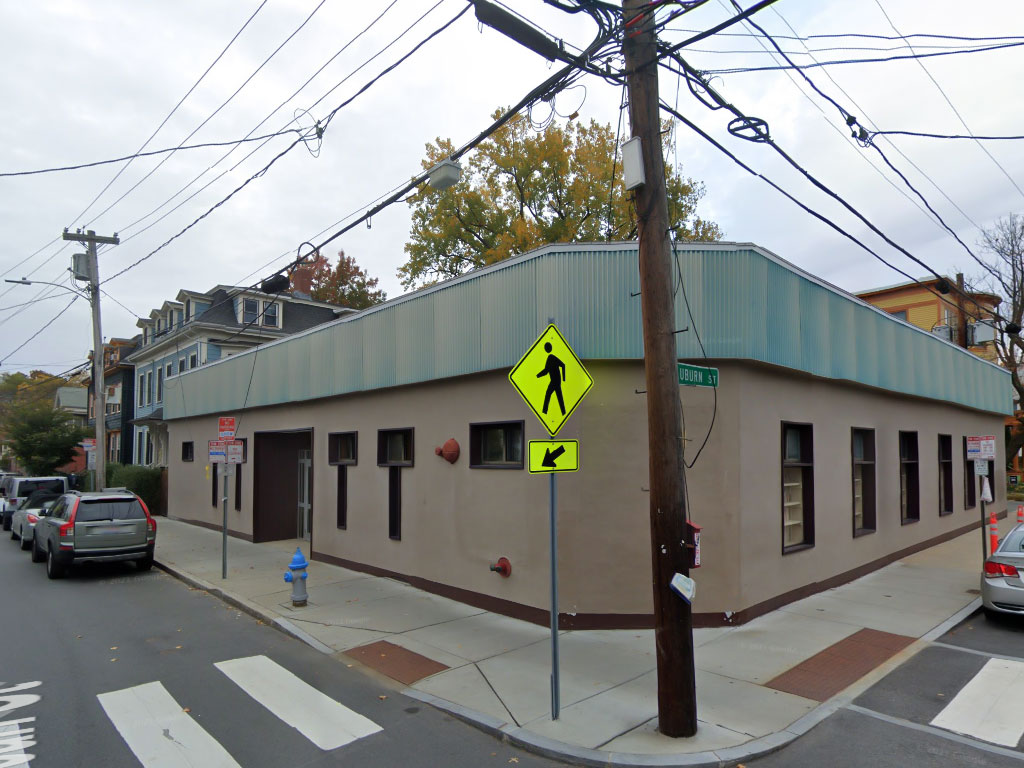
Located at 71 Pearl St in Cambridge, MA, James F. Farr Academy, Inc. is a distinguished special education school known for its structured programs tailored to students with autism.
Rated 4.5 stars by 8 reviewers, it offers personalized learning approaches focused on academic, social, and emotional growth.
The academy’s experienced staff provides a nurturing environment, ensuring each student receives individualized attention. The programs integrate various therapies, reinforcing crucial life skills and promoting overall development.
Parents commend the school for its collaborative approach, involving families in the educational journey through regular updates and support services. For further information, parents can visit farracademy.org or call (617) 497-2620.
3. May Center School for Autism and Developmental Disabilities
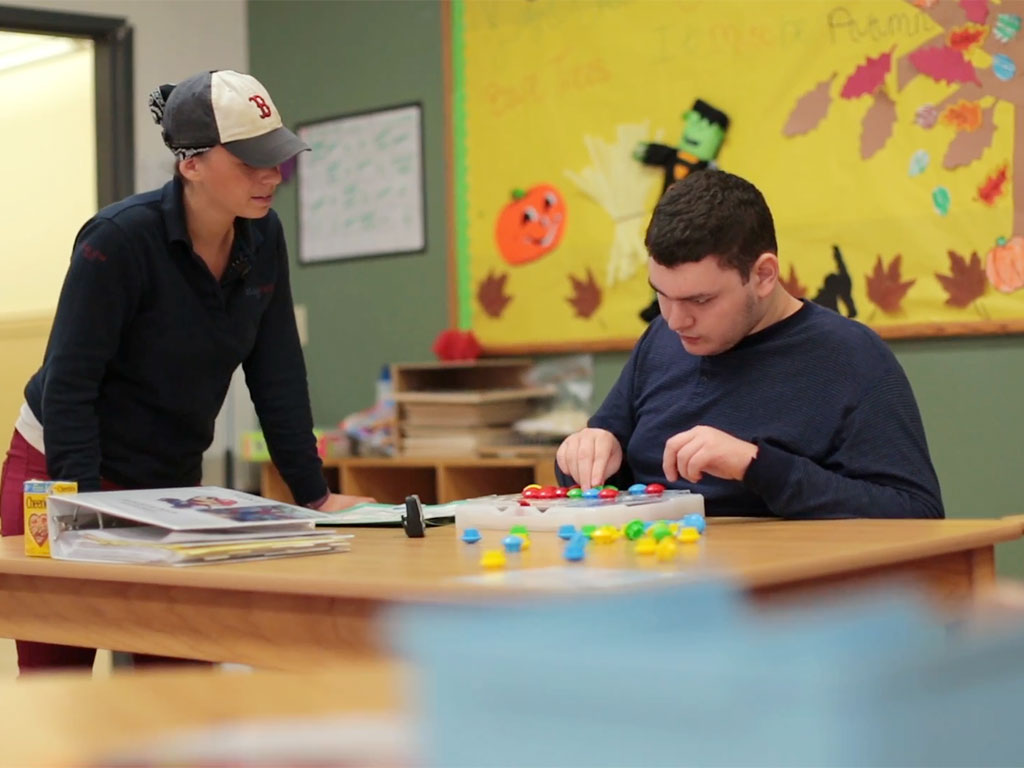
May Center School for Autism and Developmental Disabilities, based at 41 Pacella Park Dr in Randolph, MA, holds a stellar 5.0 rating. The school is part of the May Institute, known for its exceptional special education services.
Catering specifically to children with autism and developmental disabilities, the school offers a structured program that balances academics, life skills, and therapeutic services.
With a focus on individualized learning plans, the school ensures each student’s unique needs are met through tailored instruction and support.
Experienced staff collaborate closely with families, providing regular updates and involving them in the educational progress of their children. Located within the May Institute, the school benefits from a wealth of resources and expertise in autism education.
For more information, parents can visit mayinstitute.org or call (781) 437-1300.
4. Federation for Children with Special Needs
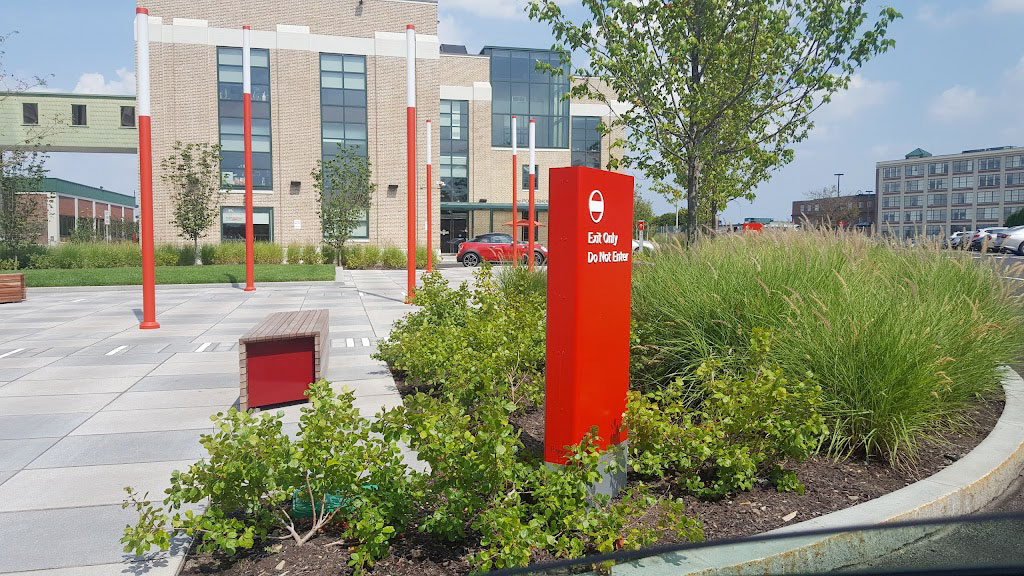
Located at 529 Main St #1m3 in Boston, MA, the Federation for Children with Special Needs stands out with a 4.6-star rating.
Catering to a diverse range of special needs, they offer comprehensive support services tailored for children with autism.
Their experienced staff focuses on individualized education plans, ensuring each child’s unique requirements are met.
Open from 9 AM, this institution also provides valuable resources for parents, including advocacy and training programs.
Families benefit from their collaborative approach that promotes active parent involvement in the educational journey. Detailed information and available programs can be found at fcsn.org or by calling (617) 236-7210.
5. Dearborn Academy
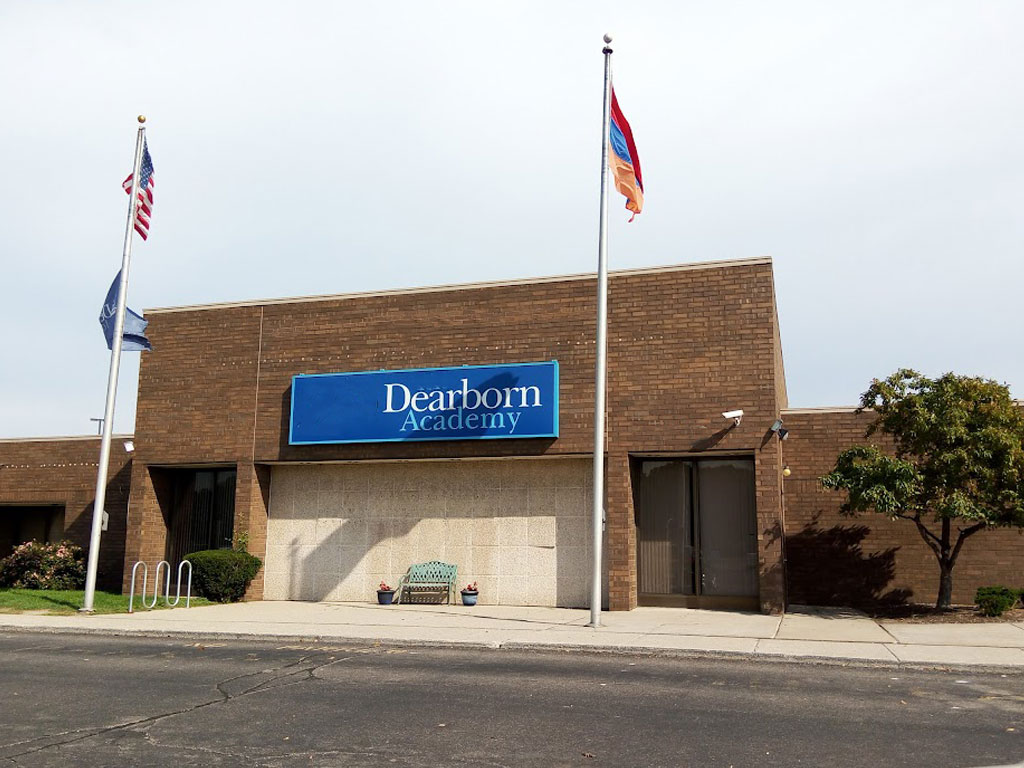
Dearborn Academy, located at 575 Washington St Unit B in Newton, MA, stands out with a commendable 4.2-star rating and is widely recognized for its specialized education programs.
This special education school provides a comprehensive curriculum tailored to meet the unique needs of students with autism through personalized learning plans.
Dearborn Academy opens its doors at 8:15 AM, offering structured programs designed to integrate academics with practical life skills.
Experienced staff ensure that every child’s educational journey is supported by therapeutic services and individualized instruction, promoting both academic and personal growth. For more information, visit their website at dearbornacademy.org or contact them at (781) 641-5992.
6. Campus School at Boston College
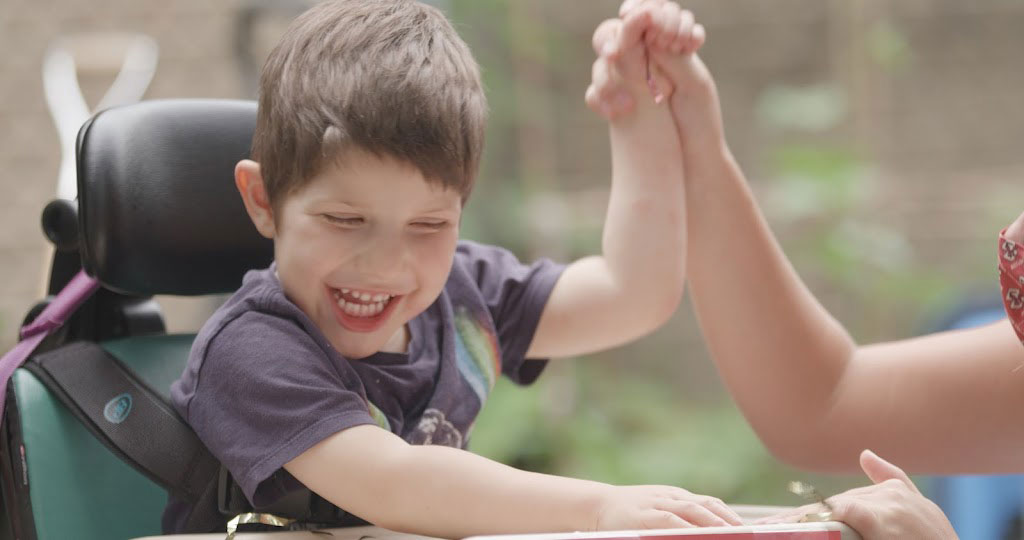
Campus School at Boston College, located at Campion Hall, 235 Beacon St, Chestnut Hill, MA, is a highly acclaimed special education school.
Receiving a flawless 5.0 rating from parents, this institution stands out for its dedicated focus on students with autism and other challenges. It opens at 8 AM, ensuring a structured day for students.
The school’s approach emphasizes individualized learning plans tailored to each student’s unique needs. Experienced staff employ specialized instructional strategies and therapeutic interventions to foster academic and personal growth.
The integration of these services ensures a comprehensive support system, essential for holistic development.
Campus School operates within Boston College, providing unique access to university resources, enhancing the educational experience.
Parents benefit from regular updates and active involvement in their child’s progress, fostering a collaborative and supportive environment. For more information, visit bc.edu or call (617) 552-3460.
7. Kennedy Day School at Franciscan Children’s
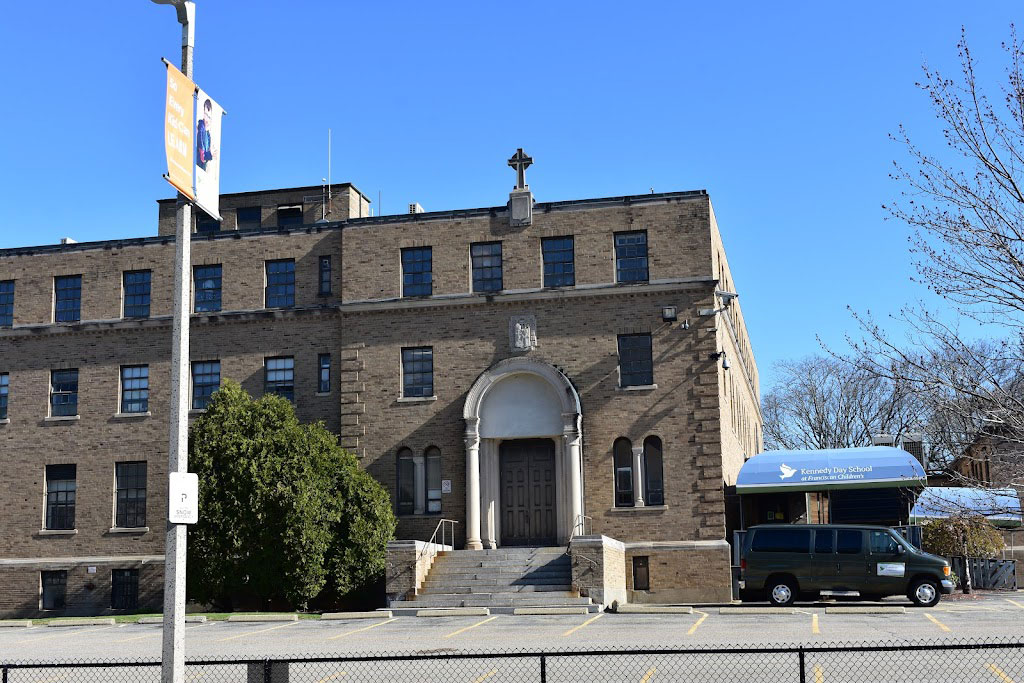
Kennedy Day School at Franciscan Children’s has earned a perfect 5.0 rating from parents, highlighting its exceptional education for children with autism.
Located at 30 Warren St in Boston, MA, the school offers a welcoming environment within a specialized healthcare facility.
Opening at 8 AM, it provides individualized learning plans tailored specifically to each student’s unique needs. Experienced staff integrate academic, therapeutic, and life skills training, ensuring a comprehensive developmental approach.
Regular updates and collaborative strategies with parents foster an inclusive and supportive atmosphere. For more details, visit franciscanchildrens.org or call (617) 254-3800.
Programs You Will Find at the Autism Hospitals Near Boston
Autism hospitals near Boston offer specialized programs designed to support individuals with autism spectrum disorders (ASD).
These programs are tailored to address the unique needs of patients, providing a range of therapeutic, educational, and support services.
Here’s an overview of the key programs typically found at autism hospitals in the Boston area:
Applied Behavior Analysis (ABA) Therapy
ABA is a widely used therapy for autism that focuses on improving specific behaviors and skills through reinforcement techniques.
Programs include discrete trial training, natural environment teaching, and behavior modification strategies. Individualized behavior plans, data-driven progress tracking, and one-on-one therapy sessions.
Developmental and Behavioral Pediatrics
This program provides comprehensive assessments and treatment plans for children with autism, focusing on developmental milestones and behavioral issues.
It includes medical evaluations, developmental screenings, and coordination with other specialists. Diagnostic assessments, treatment planning, and coordination of care with other healthcare providers.
Speech and Language Therapy
Speech and language therapy helps individuals with autism develop effective communication skills. Programs focus on improving verbal communication, non-verbal communication, social interaction, and language comprehension.
Individualized speech therapy sessions, augmentative and alternative communication (AAC) support, and social communication skills training.
Occupational Therapy
Occupational therapy addresses daily living skills, sensory processing issues, and motor skills development. Programs aim to enhance independence and participation in everyday activities.
Sensory integration therapy, fine and gross motor skills training, and adaptive strategies for daily living tasks.
Social Skills Training
Social skills training programs are designed to improve social interactions and relationships for individuals with autism.
These programs focus on understanding social cues, appropriate responses, and building peer relationships. Group therapy sessions, role-playing activities, and social scenario practice.
Family Support and Training
These programs provide education and support for families to better understand and manage autism.
They offer strategies for behavior management, communication, and creating supportive home environments. Parent training workshops, family counseling, and support groups.
Cognitive Behavioral Therapy (CBT)
CBT is used to help individuals with autism manage anxiety, depression, and other emotional challenges. The program focuses on changing negative thought patterns and developing coping strategies.
Individual therapy sessions, skills training for managing anxiety and depression, and cognitive restructuring techniques.
Vocational and Transitional Services
Vocational programs help individuals with autism develop job skills and prepare for employment. Transitional services support the move from school to adult life, focusing on independent living and community integration. Job coaching, career exploration, and life skills training.
Psychiatric and Behavioral Health Services
These services address co-occurring mental health conditions such as anxiety, depression, or ADHD.
Programs include psychiatric evaluations, medication management, and behavioral interventions. Medication management, individual counseling, and crisis intervention.
Educational Support Services
Autism hospitals often collaborate with educational institutions to provide tailored educational programs.
These services include individualized education plans (IEPs), tutoring, and specialized classroom settings. Academic assessments, individualized tutoring, and support for classroom integration.
Sensory Integration Therapy
This therapy helps individuals with autism manage sensory processing challenges. Programs focus on improving the ability to process and respond to sensory information from the environment. Sensory-rich activities, environmental adjustments, and strategies for sensory regulation.
Frequently Asked Questions
What is the best education system for autistic children?
The best education system for autistic children is one that is flexible and tailored to their individual needs, often including specialized programs and support services.
This can involve personalized learning plans, therapies, and accommodations to help them succeed.
What country is most accepting of autism?
The United States stands out for its comprehensive resources and services for individuals with autism.
Other notable countries include the United Kingdom with NHS support, Canada with inclusive education, Australia with a holistic approach, and Sweden focusing on social integration.
How do autistic students learn best?
Autistic children often learn best through visual methods, which can help them process information and choose how to respond more effectively. Presenting information visually can aid their learning process.
Are there specialized schools for autistic children near Boston?
Yes, Boston is home to several specialized schools for autistic children, including Boston Higashi School-Autism, James F. Farr Academy, Inc., and May Center School for Autism and Developmental Disabilities, among others.
Do autistic kids do better in Montessori school?
Children with autism often thrive in Montessori schools due to the structured, hands-on learning environment. The quiet, predictable routines and visual cues can reduce anxiety and support their learning.
Are there any autism schools affiliated with universities?
Yes, the Campus School at Boston College is affiliated with the university, providing unique access to university resources and enhancing the educational experience for students with autism.
Conclusion
Parents seeking the best educational environments for their children with autism have several excellent options near Boston.
Detailed explorations of these schools, such as Boston Higashi School, James F. Farr Academy, and May Center School, reveal their unique offerings and structured programs.
Each school excels in personalized learning plans, experienced staff, and therapeutic services, ensuring a comprehensive approach to child development.
Schools like the Federation for Children with Special Needs, Dearborn Academy, Campus School at Boston College, and Kennedy Day School also stand out for their exceptional ratings and commitment to individualized education.
For the latest updates or further details, parents can reach out directly to these schools.
Laura Fletcher